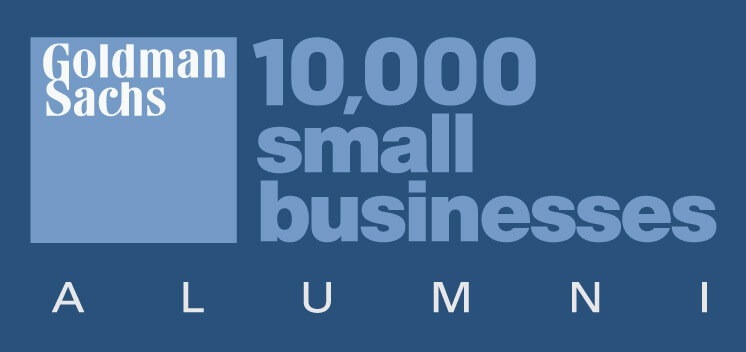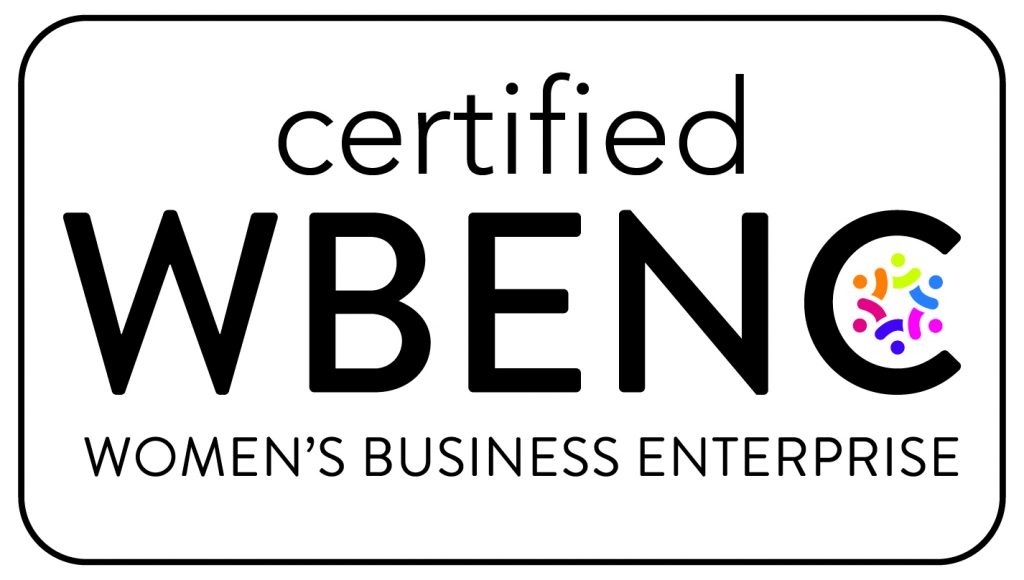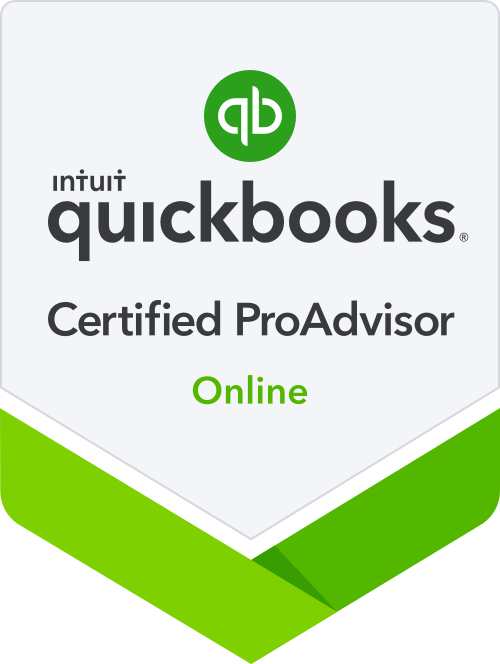
I bring this up because getting to the bottom of what’s driving your behaviors that hinder business growth is the first step to developing a healthy mindset. Your current mindset, and those messages you absorbed from your family growing up, are called your money story. Once you make a mindset shift, you’ll be open and ready for business growth. (Find out how to go from mindset to money here).
It’s almost like therapy, the process for understanding the mindset that’s stunting your growth. You’ll need to dig deep, diving into all the details of your money story from your childhood onwards. That will take time so there’s no need to feel bad that you haven’t adopted a new mindset overnight.
First, I want you to think about the way you used to perceive money and your family’s relationship with it.
Was money a source of tension in your family or did you not even have to think about it? Maybe you never even broached the subject. If you gathered that money was taboo as a kid, you probably shied away from learning more about it. That neglect can create an unhealthy relationship with your money and make it difficult for you to set up a solid financial foundation for your business.
After that, consider whether what you were taught developed into a scarcity mindset or an abundance mindset.
With a scarcity mindset, you’ll shy away from investing in your business because you aren’t confident you’ll see a return. You believe there’s a limited amount of money for everyone, usually making you overly cautious about spending money on your business or charging more. (Find out how to price for profit here.) If money was a source of tension in your family, you may have taken that tension with you into your business.
An abundance mindset is the opposite of a scarcity mindset. People with an abundance mindset believe that money is an unlimited resource and that if you make good investments, you’ll see even greater returns. This mindset gives you the boost of positivity and hope that’s essential to growing your business.
Once you’ve determined your mindset, think about how that mindset impacts you today.
Start paying attention to how you react to growth opportunities in your business. Do you turn down that opportunity because it requires you to put in skin in the game and it seems like a risky opportunity? Or do you jump on that opportunity because you see its value and have faith that you’ll reap the rewards and see growth in your business?
Entrepreneurs who have that abundance mindset are open to possibilities, which means they’re open for growth! If you catch yourself saying yes to the first option, you’ll want to adjust your mindset. (Learn how to develop a growth mindset here).
Your money story carries you from childhood to young adulthood to business ownership, which is why it’s important to understand yours. This form of financial literacy will help you heal your relationship with money and allow your business to grow.
Want to dig deeper into your money story? Use my free resource, What’s Your Money Story? here.

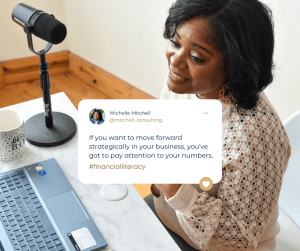 Here’s an inconvenient truth: Your financial role models are probably still affecting how you handle your finances today.
Here’s an inconvenient truth: Your financial role models are probably still affecting how you handle your finances today.  How did you come up with your current pricing strategy? Did you Google your competitors? Have you been charging the same as when you operated as a side hustle? Or have you gone with what your first client was willing to pay?
How did you come up with your current pricing strategy? Did you Google your competitors? Have you been charging the same as when you operated as a side hustle? Or have you gone with what your first client was willing to pay?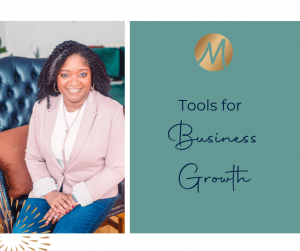 In order to grow your business, you’ve got to cultivate a growth mindset.
In order to grow your business, you’ve got to cultivate a growth mindset. 
